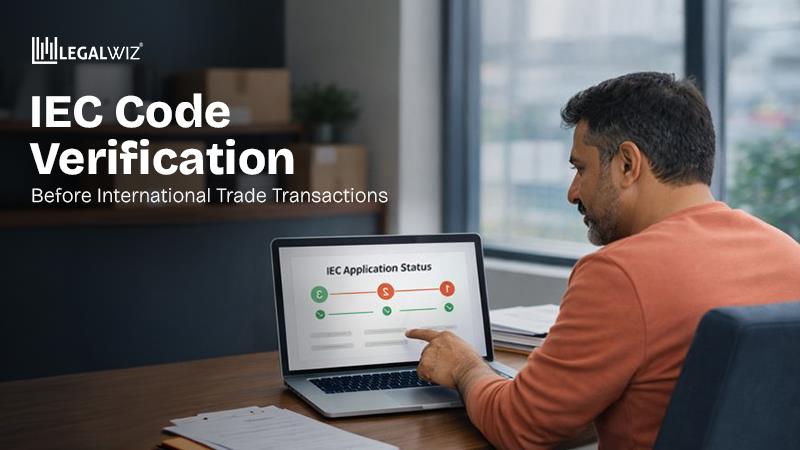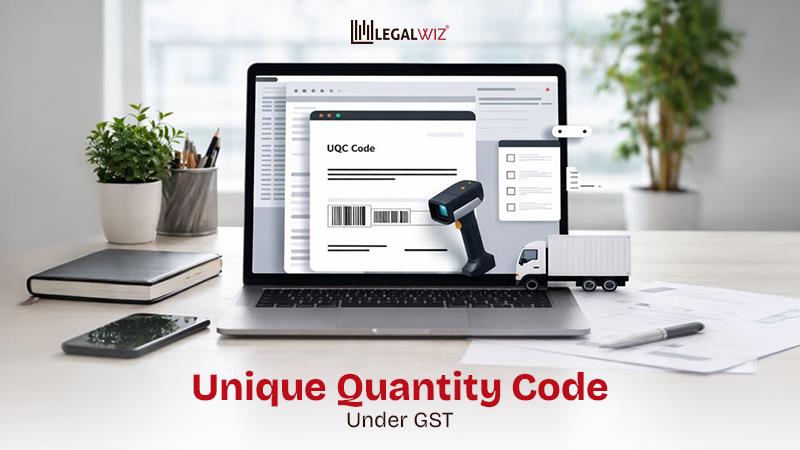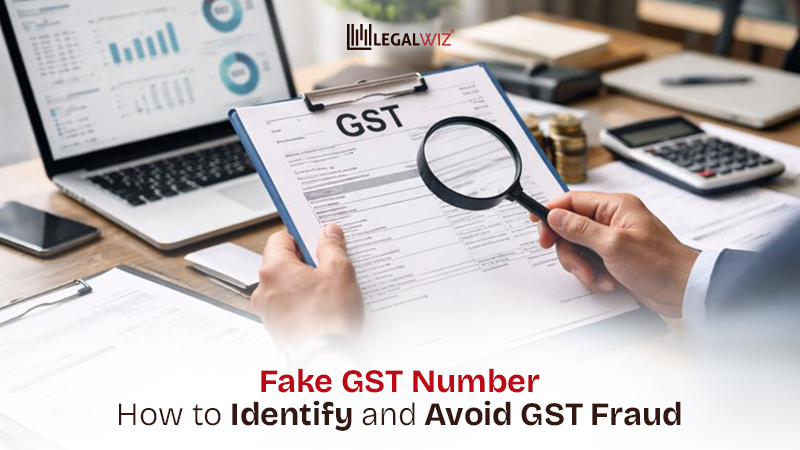Conversion of Private Limited Company into LLP
Understanding Limited Liability Partnership
LLP is a combination of both Company and Partnership. It is especially suitable for small to medium-sized business enterprises.
It is governed by Limited Liability Partnership Act- 2008 which came into force from April 1, 2008. This Act was proposed for promoting Micro, Small and Medium Enterprises.
Conversion of company into LLP gives you the advantage of self-governance and fewer compliances as compared to other types of corporate entities. You can read our blog to learn more about the difference between a private limited company and an LLP .
Process of Conversion of Company Into LLP
1. Obtain Director Identification Number (DIN)
The minimum number of designated partners for the incorporation of an LLP is two. One of them must be an Indian resident. Currently, DIN is only allotted only at the time of incorporation or while adding a person as a director or designated partner in a company or an LLP. Hence, first such members need to be added as directors in the company to obtain DIN. DIN will be required for those who would become designated partners.
Further, it is important to apply for a DSC before applying for the DIN. A Body Corporate can also be a partner in a Limited Liability Partnership through a nominee.
2. Meeting of Board of Directors of Company
- Call a meeting of the Board of Directors.
- Pass requisite Resolution for Conversion of Company into LLP.
- Pass requisite Resolution to authorize any director to file all the necessary forms with MCA.
- Requisite resolution to authorize any director to file all the necessary forms with MCA.
3. Application for Name Availability
The company will have to apply for reservation of the name of LLP and get name approval certificate from the ROC.
4. Filing of Incorporation Form with Required Documents
File e-Form FiLLiP with ROC along with the following attachments:
- Address proof of the registered office of LLP.
- The subscription sheets.
- Consent to act as a designated partner/partners.
- Identity and Resident proofs of designated partners and partners.
- Detail of LLP(s) and/ or company(s) in which partner/ designated partner is a director/ designated partner.
5. Filing of Application for Conversion into LLP
Form 18 is the form for the conversion of a company into an LLP. But it needs to be filed with the Form for incorporation itself.
This form has information about the conversion of the company into LLP such as:
- Whether all the shareholders of the company have given their consent for the conversion of a company into the LLP.
- If all the partners of the LLP comprise all the shareholders of the company and no one else.
- An up-to-date Income-tax return should be filed as per the Income tax act, 1961.
- Documents including the latest balance sheet and annual returns under the Companies Act, 2013 filed with MCA.
- Validating if any conviction, ruling, order, a judgment of any Court, Tribunal or other authority in favour of or against the company is subsisting as on date?
- Getting to know regarding any security interest in the assets of the company is subsisting or still in force.
- Whether any earlier application for conversion of the said company into a limited liability partnership was refused by the Registrar.
- If there is a presence of any secured creditors.
File E-form- 18 With Roc Along With the Following Attachments:
- Statement of the consent of shareholders (Mandatory)
- Statement of accounts of the company certified as true and correct by the independent auditor
- List of all the secured creditors along with their consent
- Copy of acknowledgement of latest income tax return (Mandatory)
6. Certificate of Incorporation as LLP from ROC
After complying with all the formalities by the company and being approved by the Ministry, ROC issues a COI for the conversion of private company into LLP.
7. Drafting of Limited Liability Partnership Agreement
Contents of Agreement are:
- Name of LLP
- Name of Partners & Designated Partners
- Form of contribution
- Profit Sharing ratio
- Rights & Duties of Partners
- Proposed Business
- Rules for governing an LLP
8. Filing of E-Form-3
This form provides information about the LLP Agreement entered into between the partners. This form is to be filed in 30 days from the date of conversion of the company into an LLP.
Attachment Required: LLP Agreement
9. Filing of E-Form -14 (Intimation to ROC)
After receiving the incorporation certificate of LLP it has to be filed within 15 days of the date of conversion.
ATTACHMENTS OF E-FORM 14
- Copy of Certificate of Incorporation (COI) of LLP.
- Copy of incorporation document submitted in E-Form FiLLiP to ROC.
Taxation on Conversion of Company Into LLP
It is best to the effects on taxation after the conversion. The conversion of company into an LLP will not attract capital gains tax as this conversion is not a “transfer” as defined under the IT Act.
Also, it will not attract capital gain tax subject to the following conditions:
- All the assets and liabilities of the Company become the assets and liabilities of the LLP.
- All the shareholders of the Company become partners of the LLP
- The capital proportion and profit-sharing ratio of partners are in the same proportion as that of the shareholding in the Company.
- The shareholders do not receive any benefit, directly or indirectly in the LLP, except by way of capital contribution and profit-sharing ratio.
- The total sales, gross receipts, and turnover in any of the three preceding years from the date of the conversion do not exceed Rs. 60 Lacs.
- The total value of assets as appearing in the books of account of the Company in any of the previous three years does not exceed Rs. 5 crores.
Effects of Conversion of Private Company Into LLP
The following are some of the implications due to the conversion of a company into an LLP:
- The private company is dissolved after conversion.
- The name of the private limited company will remove from the register of the ROC.
- The conversion will not affect existing liabilities, obligations, agreements, contracts and continued employment.
The company has to intimate all the authorities concerned about the conversion and make necessary changes in all the registrations and licenses.
Advantages of Conversion of Private Company Into LLP
- On the conversion of a private limited company into an LLP, all assets and liabilities of the company will convert into those of the LLP. However, no instrument of transfer is required. Hence there will not be any stamp duty implications on such transfers as well.
- There is no limit to the number of partners; unlike private limited companies.
- There is no compulsion on holding a minimum number of meetings and maintaining statutory records.
Conclusion
As per the above discussions, LLP is a more convenient form of organization over a company from a compliance and taxation point of view. So, it may be more suitable for small entrepreneurs and professionals particularly. The conversion from an existing company can be made to an LLP while retaining the advantages of Limited Liability and fewer compliances. LegalWiz.in provides expert services for the conversion of company into LLP. Our legal experts will help you out with all you need. We have helped thousands of businesses achieve their goals and you could be next!
DISCLAIMER
This write-up is based on the understanding and interpretation of the author and is not intended to be professional advice.

CS Shubham Katyal
CS Shubham Katyal is an Associate Member of The Institute of Companies Secretaries of India and a commerce graduate having good experience in secretarial and legal matters. He is a Speaker and Visiting Faculty Member at The Institute of Companies Secretaries of India and Former Committee member of Young Member Empowerment & Placement Committee NIRC-ICSI(2019-20). He has authored several articles on complex subjects which featured on various professional forums.







